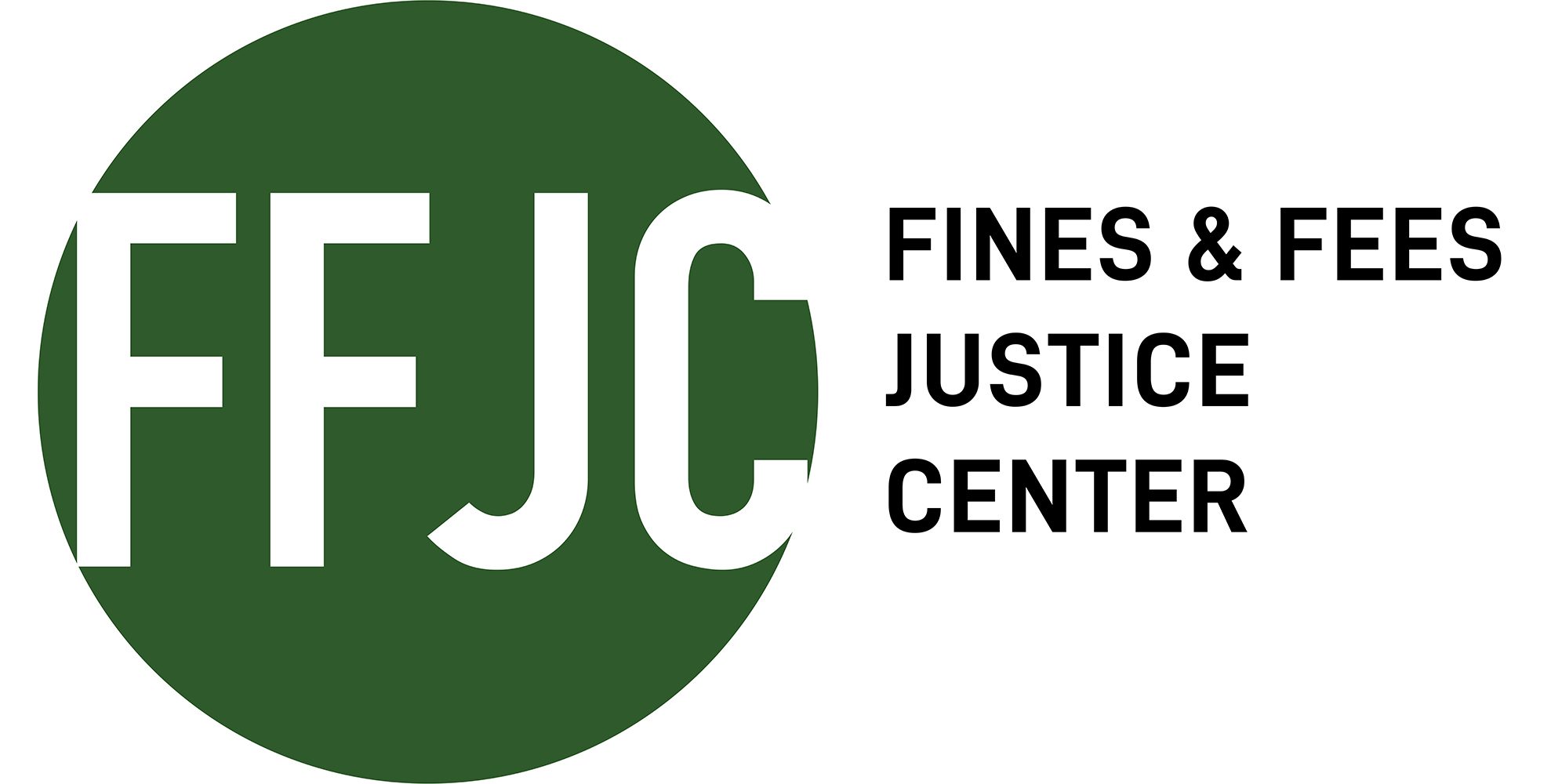At least 12 programs are funded by criminal LFO dollars, including a Traumatic Brain Injury Account, a Law Library, and a Highway Safety Fund.
Washington state code refers to 376 unique criminal legal financial obligations (LFOs) that stem from misdemeanors, gross misdemeanors, or felony convictions. The Washington State Institute for Public Policy (WSIPP) used data from the Administrative Office of the Courts and court data from the superior, district, and municipal level courts to calculate the total LFOs imposed, adjusted, and paid by year and court level. Their report outlines Washington’s LFO landscape and recent policy changes; LFOs relationship to court funding; the aggregate-level amount of LFOs imposed and collected; and methods used by other states to delink LFOs and court funding.
You can read the full text here.
Key Findings:
- Washington state codes refer to 376 unique criminal LFOs.
- Effective January 1, 2023, indigent defendants will not be required to pay restitution if it is owed to an insurer or state agency.
- All costs of operating superior and district courts are borne by the state’s 39 counties, excluding half of the salaries of superior court judges, which the state pays.
- There is no direct link between LFO collections and the amount of money courts receive; courts remit all LFO collections to their fiscal agents and appropriations within the budget finance courts.
- Courts remit non-restitution LFO to one or more of these four account types; a city general fund, a county general fund, the state general fund, or a special fund or program.
- In 2020, Washington collected over $16.7 million in criminal LFOs.
- Criminal LFO collections represent between one percent and 16 percent of court-related expenditures across Washington counties.
- In 2019, Superior Courts imposed over $250 million in Criminal LFOs, and less than $25 million were paid.
- In the first three months of 2021, only 35 percent of cases in superior courts were paid in full, whereas municipal courts cleared nearly 80 percent of cases.
Strategies employed by other states to change how LFO funds are directed, distributed, or communicated:
- Massachusetts and California both passed laws to delink LFOs from courts by eliminating standard LFOs or accounts primarily funded by LFOs.
- Oregon and New Mexico use direct legislative funding to fund their trial courts.
- Michigan eliminated all outstanding debt from a driver responsibility fee, and Nevada eliminated debt-based driver’s license suspension.
- Biloxi, Mississippi, collects data on the imposition and collection of LFOs for individuals deemed indigent.
